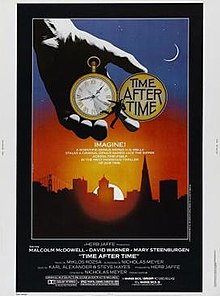{All posts under the New Media Class category are for a History and Theory of New Media class I am taking during the 2019 Spring Semester at SUNY Empire. Please be aware that all comments must be approved before they are posted}
Reflections on Game Theory:
In 1933, Johan Huzinga released a book called Homo Ludens, whose title roughly translated as “Man the Game Player” or “Man who Plays”. His concept was simple, that the notion and practice of play is important within and to build culture.
Hip Hop often refers to “The Game”. As with most vague analogies, one can take it to mean several things depending on context. For instance, “the Rap Game”: Learn how to produce engaging content, usually music. Retain rights to this content while procuring distribution and promotion. Promote and establish a brand. Capitalize with paid appearances, performances and sell associated product. Diversify and elevate your portfolio.
Simple enough in theory. Some play this as a zero-sum game, which means that in order for me to win, my opponent has to lose. This never works out that well for that long. Some, like Jay-Z, play an advanced form of non-zero-sum game wherein a rising tide lifts all ships. The trick here is to engage other players who understand that the brand is set and can be added to but never diminished. It is necessary for all players to ‘know their lane’ and work hard in their role for the co-operative pay-off. The Game is sequential mixed strategy in that one must adjust or change completely their strategy at each stage or series of actions in order to continue to participate in the ever-evolving Game.
It is this sense of play and gamesmanship that advances Hip Hop culture, in fact that advances civilization at all. In this greater Game of Civilization, many agree that non-zero-sum strategies are best. However, it is imperative to remember that many advanced players have switched to versions that are zero-sum. They are willing to declare as sacrificial large groups of people, races, countries, and even planets in order to feel that they are winning.


